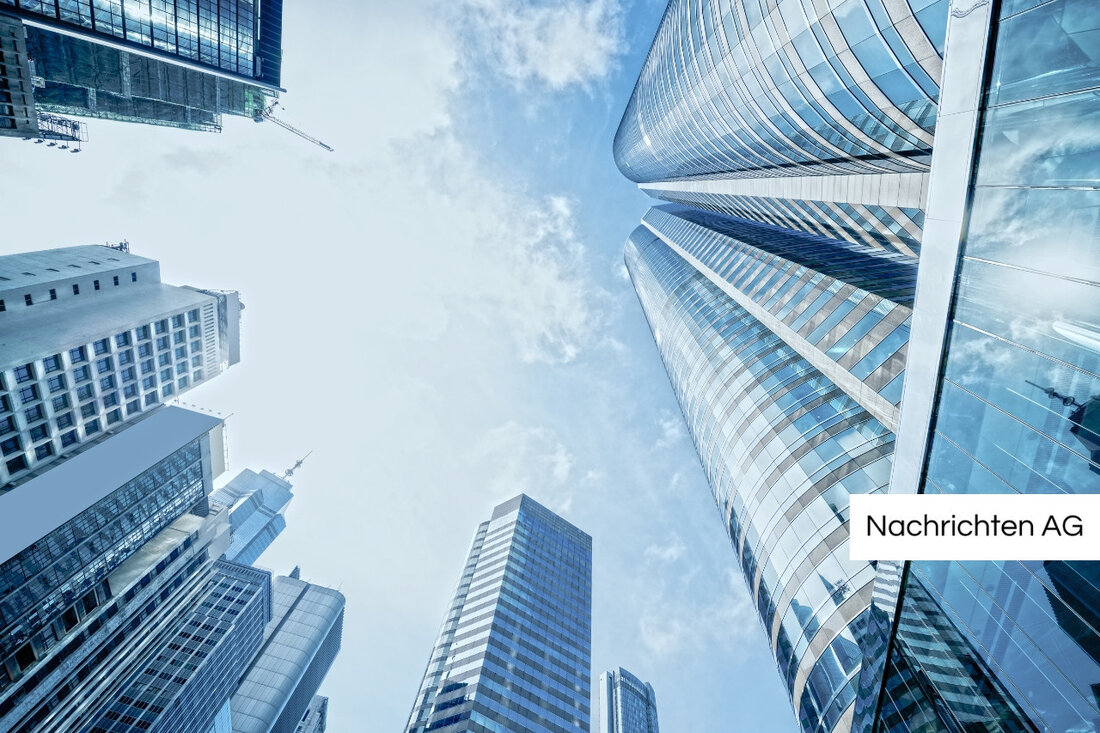Corpus Christi in Essen: Bishop Overbeck on change and challenges!
On June 19, 2025, Bishop Overbeck celebrated Corpus Christi in Essen and discussed the changes in the steel industry.

Corpus Christi in Essen: Bishop Overbeck on change and challenges!
On June 19, 2025, the traditionally celebratory Corpus Christi procession took place in Essen. Bishop Franz-Josef Overbeck gave a powerful sermon in which he addressed the social changes and challenges of today. In front of hundreds of believers who had gathered for the open-air mass on Burgplatz, the bishop particularly addressed the crisis in the steel industry in the Ruhr area, a central example of change in the region.
Overbeck appealed to those present to act socially sensitively and promote economic openness. He compared the biblical multiplication of bread with the current social and economic problems that affect many people. In his speech, he pointed out concerns about jobs in the steel industry and called for new economic approaches to counter the threat of digitalization and globalization.
Corpus Christi and its tradition
The Corpus Christi procession has a long tradition in Essen that goes back to the 14th century. After the Second World War, the procession took place again in 1946. It became particularly impressive in 1958, when Essen was made a bishop's see. Today's event attracted numerous congregations who contributed to the celebration with flags and singing. Musically, the event was provided by choirs from the Essen Cathedral Music and the Schönebeck Youth Wind Orchestra.
The procession led through Essen city center singing and praying and made its final stop at St. Gertrud Church, which will be used as a “creative cathedral” in the future. The city and its citizens were included in an ecumenical prayer led by the cathedral provost and Protestant superintendent.
Economic framework conditions
The challenges that Bishop Overbeck formulated in his sermon are not new. The Ruhr area, previously an important location for pig iron production, only developed into a center of heavy industry from the 1850s onwards. At this time, numerous large companies were founded, supported by technical innovations such as the introduction of the coke blast furnace and the development of coal ironstone deposits. By 1870, the Ruhr area's share of German pig iron production rose to around 26%.
In the decades that followed, the industry experienced both booms and busts. Between 1879 and 1914, there were several economic cycles that shaped the landscape of the steel industry. By 1913, the region's share of steel production was 53.4%. However, this development also brought with it challenges, as dependence on export markets grew and companies were increasingly confronted with crises.
Today, the region is feeling the effects of digitalization and the changing global economy even more acutely. In this context, Bishop Overbeck's advice and call for social sensitivity represent an important appeal for the community and the economic prospects of the Ruhr area. The last Holy Mass in St. Gertrude Church will be celebrated next Sunday, meaning the church will soon take on a new function as a creative cathedral.

 Suche
Suche
 Mein Konto
Mein Konto